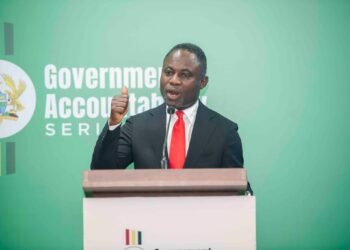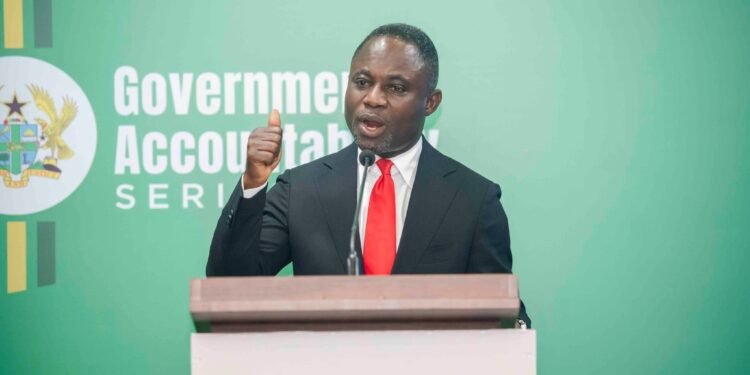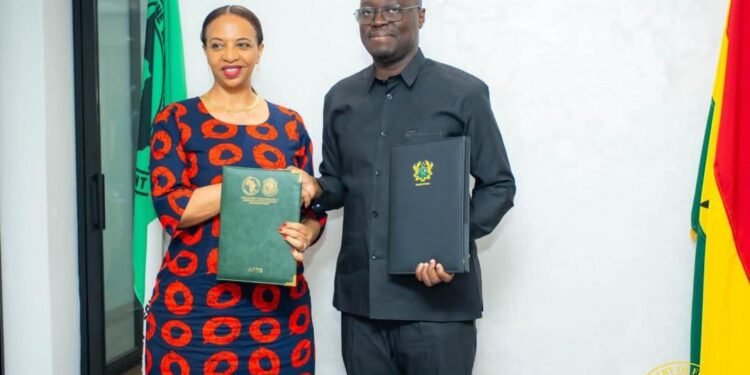International Political Campaigns in partnership with Afro barometer and the International Institute for Democracy and Electoral Assistance (International IDEA) have successfully concluded their International PolCampaigns Expo (IPE 2024) in Cape Town, given the significant global context of political campaigns and elections.
A report released by IPE 2024 stated that the theme of the expo, “Transforming Political Campaigns: How AI and Big Data Amplify Voter Engagement and Shape Political Campaigns in Africa,” underscored the importance of leveraging technology to address challenges such as voter apathy and to enhance political campaigns.
“Afro barometer was pleased to be part of the IPE 2024 Conference and share our findings. This was an important audience to be able to demonstrate the disconnect between Africans demand for democracy but dissatisfaction with what their multiparty systems produce.”
Dr. Joseph Asunka, Chief Executive Officer at Afrobarometer
The expo’s focus on AI and Big Data as tools for voter engagement and campaign shaping is particularly relevant in the context of Africa, where the adoption of new technologies can play a crucial role in addressing voter apathy.
This is a pressing issue, especially with the upcoming crucial election years marking significant milestones in the democratic processes of various African countries.
The gathering of seven African heads of state and international experts at the inaugural AI and International Political Campaigns Expo and Conference in Cape Town indicated a concerted effort to explore and promote the adoption of these technologies across the continent.
“As International IDEA, we were excited to be part of a high-level conversation on how AI and Big Data amplify voter engagement and shape political campaigns in Africa.”
Dr. Roba D. Sharamo, Regional Director, Africa and West Asia, International Institute for Democracy and Electoral Assistance (International IDEA)
The expo was committed to empowering political parties and election management bodies with modern, technology-driven tools, and evidence-based strategies that enhance voter and citizen engagement.
According to the report, the International Pol Campaigns Expo (IPE 2024) aimed to empower political parties and election management bodies with modern, technology-driven tools and evidence-based strategies to enhance voter and citizen engagement.
This commitment aligned with broader trends in political campaigning where technology, particularly AI, is playing a significant role in transforming the way campaigns are conducted and how citizens interact with political processes, including fundraising and donor engagement.
For instance, the Democratic National Committee in the U.S. has utilized AI to analyze donor data, identifying patterns and predicting which supporters are most likely to contribute. This targeted approach has led to more efficient and successful fundraising efforts.
“More importantly, the responsible and ethical use of such innovations should enhance transparency and promote integrity.”
International PolCampaigns Expo Report
Key Suggestions That Arose from the Expo
The discussions at the International Pol Campaigns Expo (IPE 2024) in Cape Town highlighted the transformative impact of AI and Big Data on political engagement, governance, and communication.
The report recommended that to achieve sustainable development goals, a variety of stakeholders must pool their resources, including money, human capital, technology, and knowledge databases. States ought to engage in moral AI and Big Data practices, and national, regional, and global regulatory oversight organizations ought to be set up. Media training, Electoral Management Body staff training, and voter education should all be part of election governance frameworks.
In addition, the report suggested that the digital divide inequalities stem from African countries lacking AI and big data experts, necessitate collaboration from developed countries. However, ownership and security of big data should not be given to foreign entities. African countries should develop and safeguard their own data, and international rules should prevent data misuse.
The report emphasized that election credibility depends on fairness and freedom from manipulation. Digital technology can lead to fear or apathy, misinformation, and mistrust. Lack of AI regulations and solutions could further undermine trust in governments, EMBs, and political parties.
The expo and the discussions around it are not only a reflection of the current global landscape of political campaigns but also a beacon for future developments in the political technology space.
READ ALSO: Dr. Joseph Asunka, Makes a Mark at IPE 2024 with Insights on Political Campaigning























